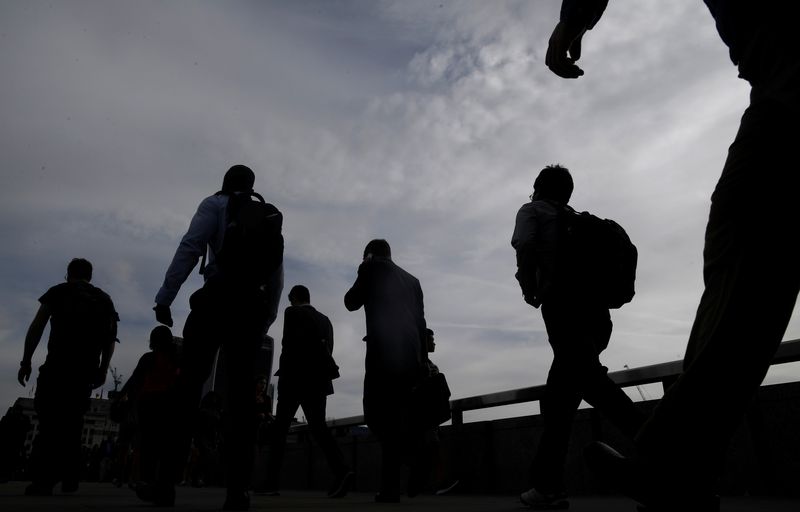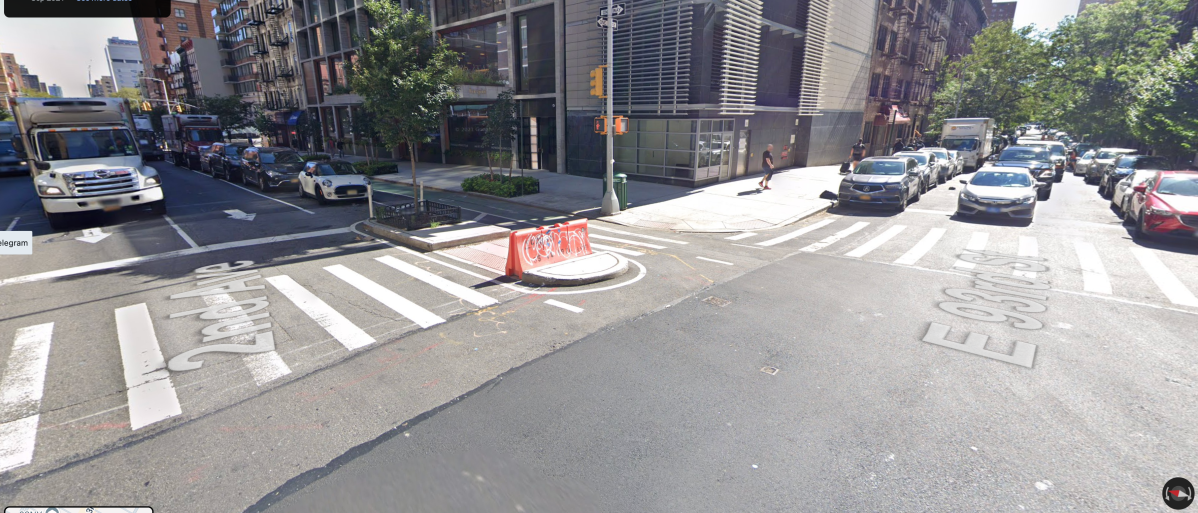LONDON (Reuters) – Around 5 million British jobs remained fully or partly on furlough at the end of July, down from a peak of just under 9 million but still leaving millions of workers facing uncertainty with the scheme due to be wound up at the end of next month.
Provisional tax data released on Friday showed employers had registered 4.8 million jobs as furloughed as of July 31, down from a peak of 8.9 million in early May.
The government said final data could show an upward revision of around 10%, making it likely that 5.3 million jobs were still furloughed at the end of July.
Since July employers have been able to bring furloughed staff back part-time, but still claim furlough payments for the hours when staff are not working.
The 4.8 million jobs registered as furloughed included 950,000 where staff are now back working part-time but less than their usual hours, the finance ministry said.
Finance minister Rishi Sunak has resisted calls to extend the Coronavirus Job Retention Scheme beyond the end of October but has said he will be “creative” in finding ways to minimise any future rise in unemployment.
“These figures show the success of our furlough scheme — making sure people’s jobs are there for them to return to,” he said on Friday.
Budget forecasters expect the programme to cost around 54 billion pounds ($70 billion) over its eight-month lifespan.
Use of the scheme has varied widely across sectors, with more than 40% of staff in the hospitality sector still furloughed, but only a small fraction of those in sectors such as finance or IT where it is easier to work from home.
Britain’s official jobless rate rose slightly to 4.1% in the three months to the end of July, and the Bank of England has forecast it will hit 7.5% by the end of this year.
Less comprehensive but more timely survey data from the Office for National Statistics suggests the number of furloughed workers continued to fall through August but remained high.
The Resolution Foundation think-tank estimated, based on the ONS data, that around 3 million people were furloughed at the end of August.
(Reporting by David Milliken, Editing by Andy Bruce and Catherine Evans)




















